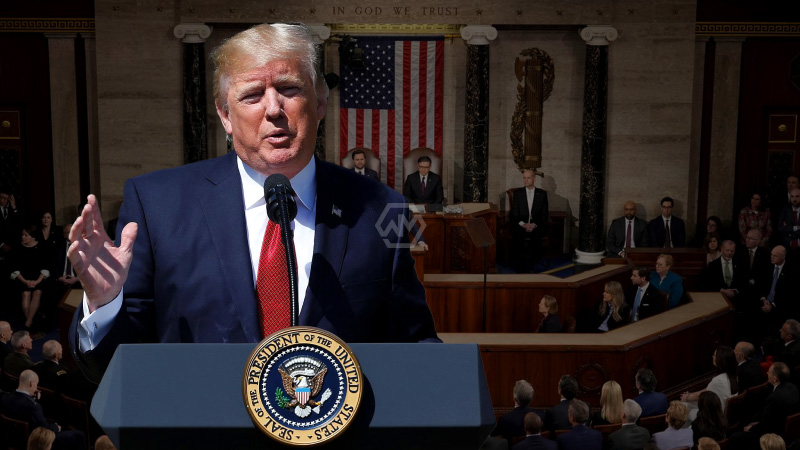- The U.S. suspends all military aid to Ukraine, marking a major shift.
- Trump authorizes direct talks with Hamas for hostage negotiations.
- Israel-Hamas ceasefire remains fragile amid ongoing tensions.
The Trump administration’s decision to halt military aid to Ukraine signals a fundamental change in U.S. foreign policy. While previous administrations backed Ukraine against Russian aggression, this move reflects Trump’s broader strategy of reassessing America’s global commitments.
Meanwhile, Trump’s authorization of direct negotiations with Hamas is a historic shift. The U.S. has long refrained from engaging with the militant group, but the administration now seeks to secure the release of American hostages.
Trump’s Foreign Policy Shift: Ukraine Aid Halted, Hamas Talks Initiated
The suspension of military aid to Ukraine is a stark reversal of previous U.S. policy. While Trump has long criticized American involvement in foreign conflicts, this decision has sparked debate over its impact on Ukraine’s war efforts and geopolitical stability in Eastern Europe.
Trump’s administration is also reshaping Middle East diplomacy by engaging directly with Hamas. This move comes as the White House faces mounting pressure to bring American hostages home. While some see it as a necessary step, others worry it could legitimize the group.
Israel’s response to these developments has been measured, with Netanyahu’s government acknowledging the U.S.-Hamas talks but maintaining its stance on eradicating Hamas from Gaza. Trump’s support for Israel remains firm, as he promises to provide the country with whatever it needs to continue military operations.
The broader consequences of these policy decisions will unfold in the coming months. With Ukraine losing key U.S. support and Hamas negotiations entering uncharted territory, Trump’s foreign strategy marks a departure from conventional diplomacy.
Trump’s recent actions underscore a shift toward an unconventional and assertive U.S. foreign policy. Whether these decisions yield positive outcomes or unintended consequences will depend on the evolving geopolitical landscape.
“Diplomacy is the art of saying ‘Nice doggie’ until you can find a rock.” – Will Rogers.



